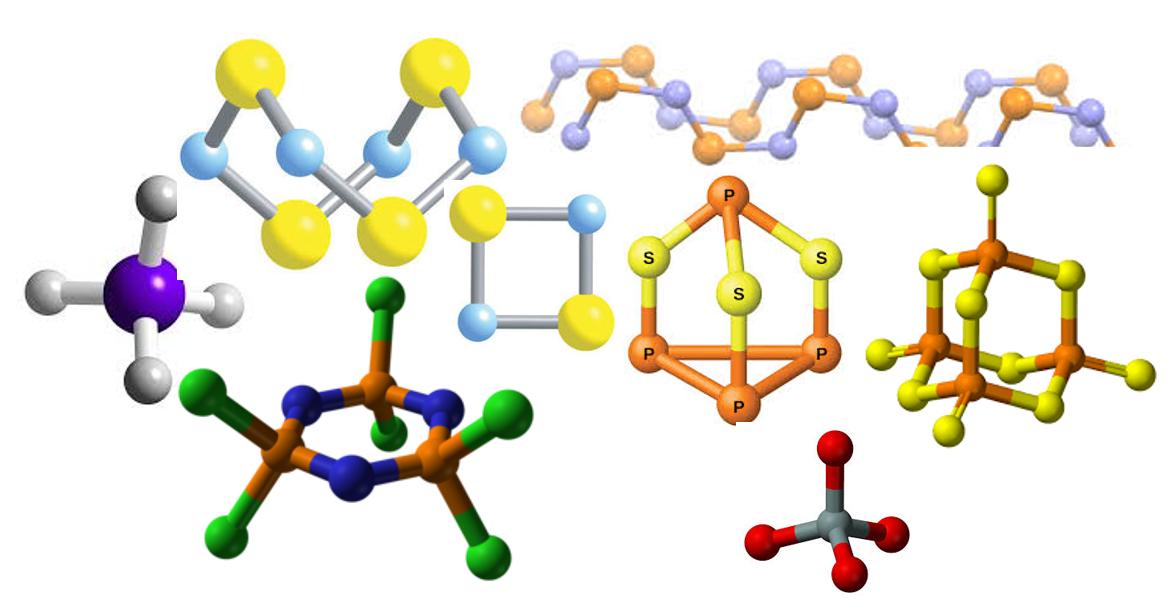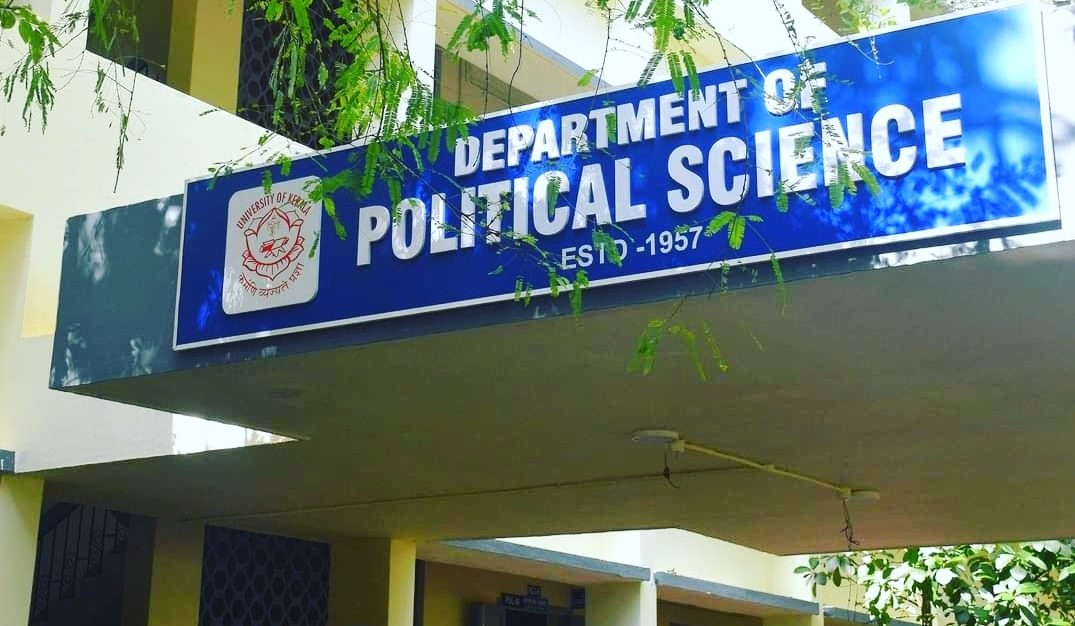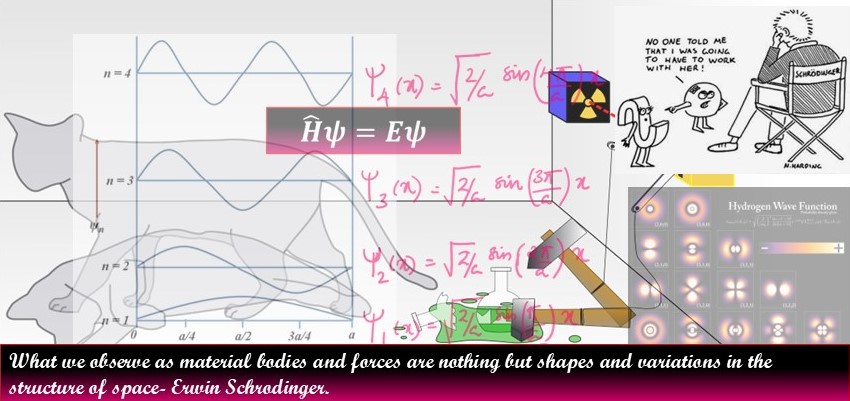
INORGANIC CHEMISTRY 2
Evaluate the applications of organometallic complexes in
various domains

DEEP ARCHITECTURES
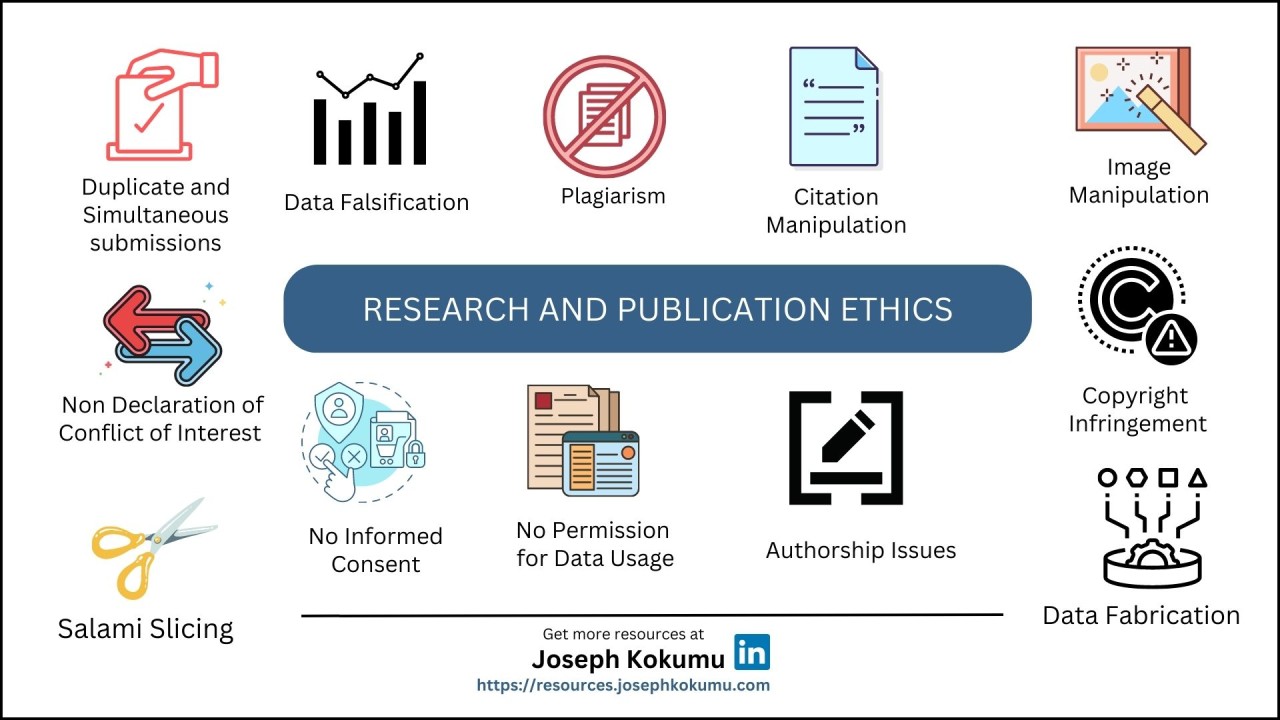
Research Methodology and Publication Ethics
This course introduces the procedures and techniques adopted by the research, methods for research design, data collection and discusses the methods used to analyze the data. The salient aspects of publication and patenting along with the crucial role of ethics in research is discussed.

OPE-CC-522: PROGRAMMING IN PYTHON
The Department of Optoelectronics offers this course for the M.Sc programme and is a core Course for Semester II.

DEEP LEARNING
Deep learning plays an important role in the modern world. This course aims to impart the ability to students, to build and train new deep architectures, detect the key parameters etc. After the completion of this course, the students are able to develop their own deep architectures to address real world problems.
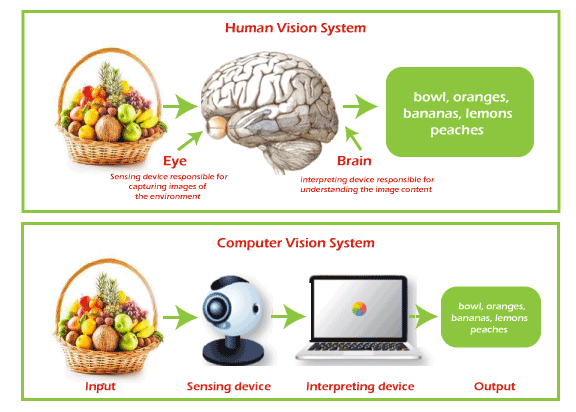
Machine Vision and Pattern Recognition
The course aims to provide students with detailed knowledge of how Machine Learning methods work and how statistical models can be brought to bear in computer systems. The analysis of large data sets and to let computers perform tasks that traditional computer science methods are addressed.

NUMBER THEORY (2022-2024)
Programme : M.Sc. Mathematics with Specialisation in Finance and Computation
Semester : IV
Credits : 4

Natural Products and Drug Discovery
This course explores the intricate relationship between natural products and their applications in molecular medicine. It delves into the discovery, characterization, and utilization of natural compounds derived from plants, microorganisms, and marine organisms for therapeutic purposes. The course encompasses both theoretical and practical aspects of natural product chemistry, pharmacology, and molecular biology to understand their mechanisms of action and potential applications in medicine
